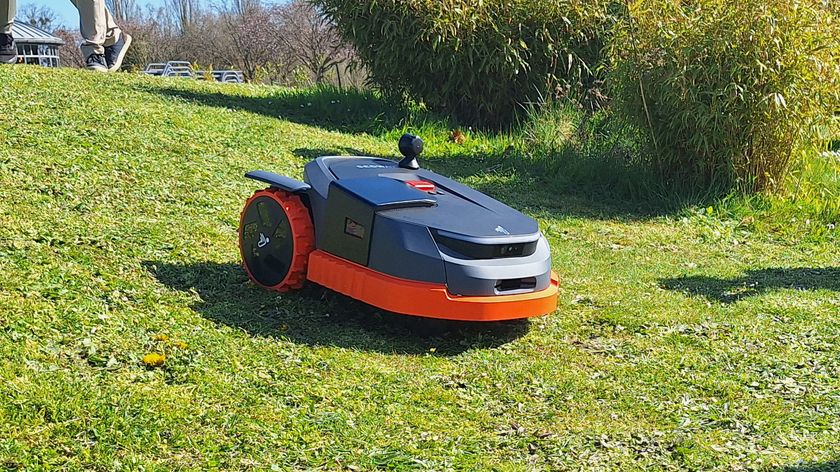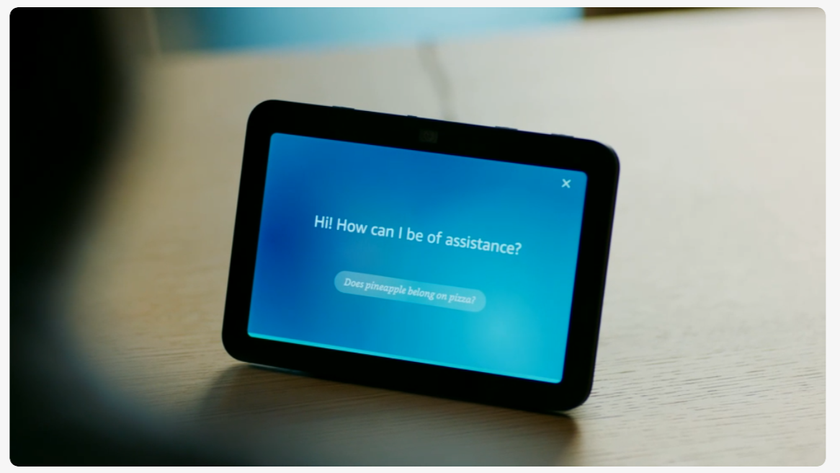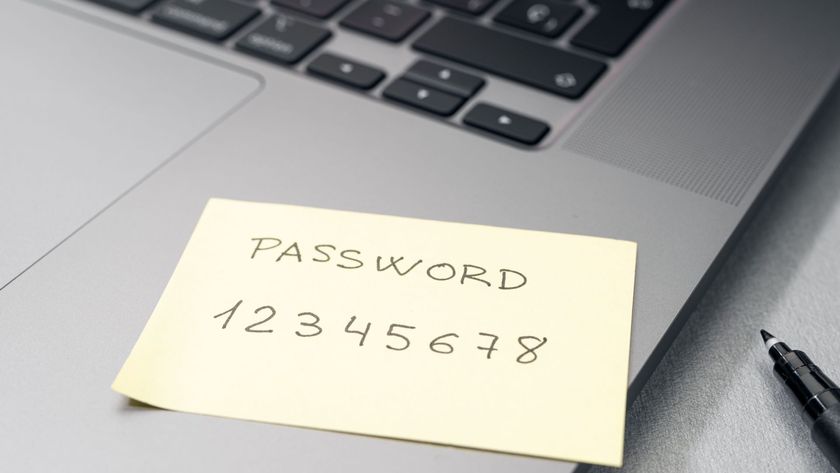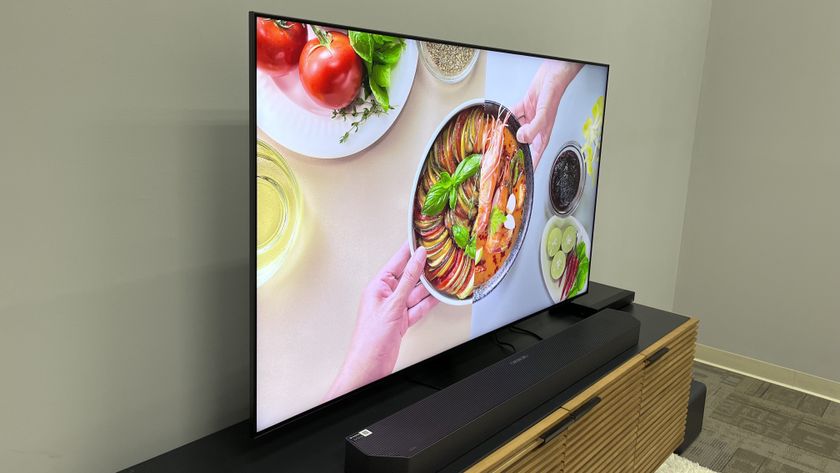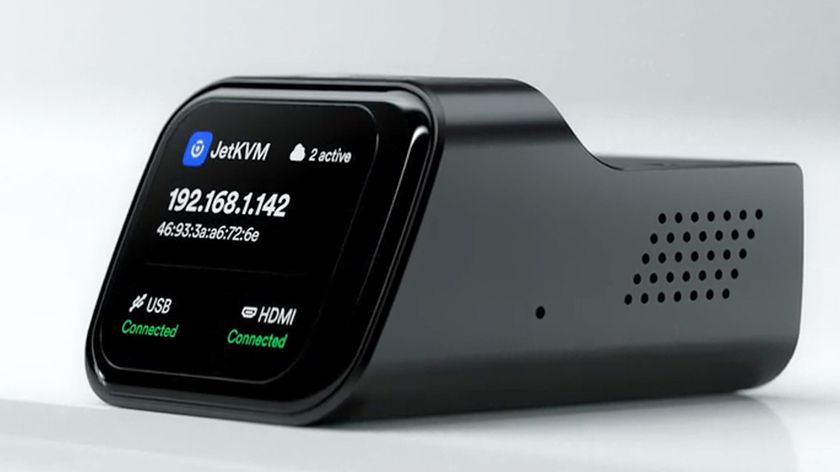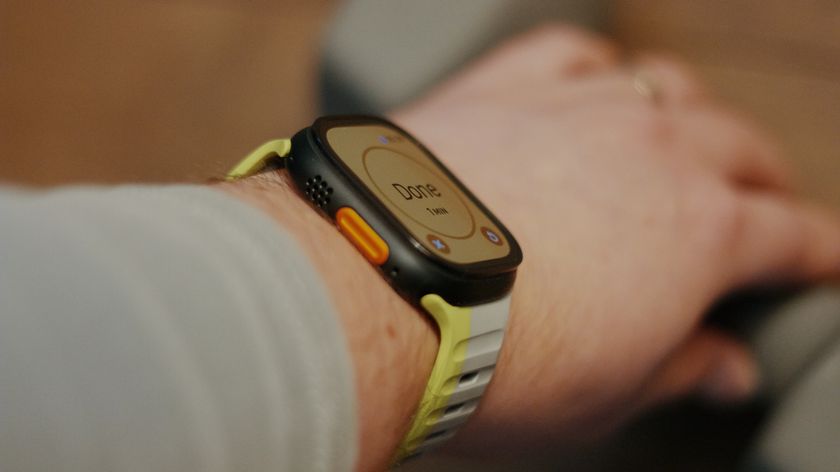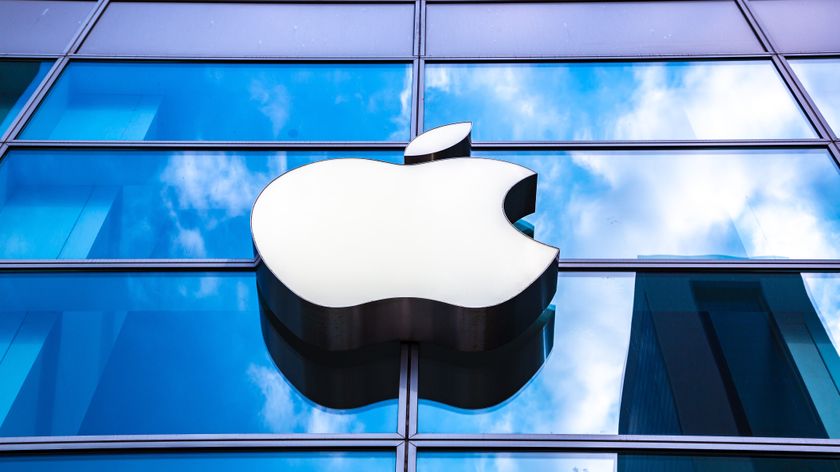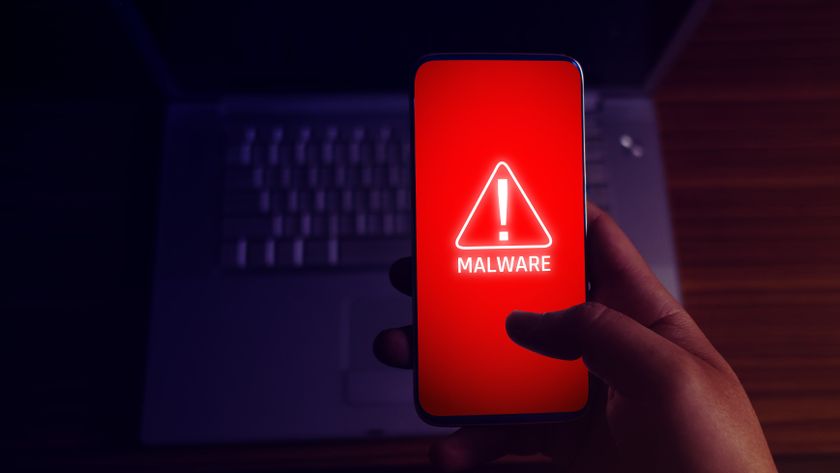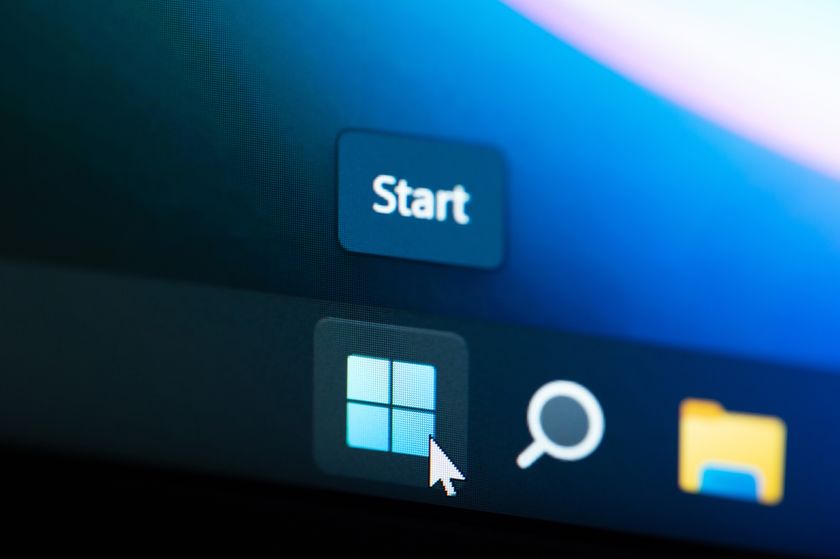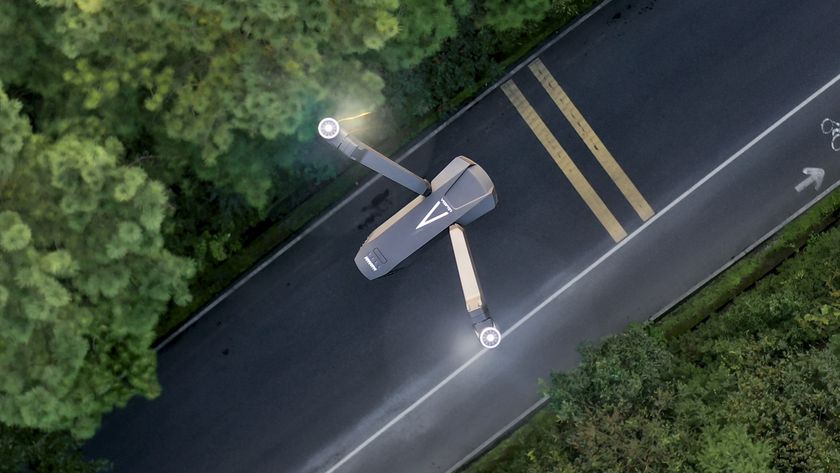Android and Nest devices will soon play nice with other smart home gear
Google lays down plans for Matter smart home integration
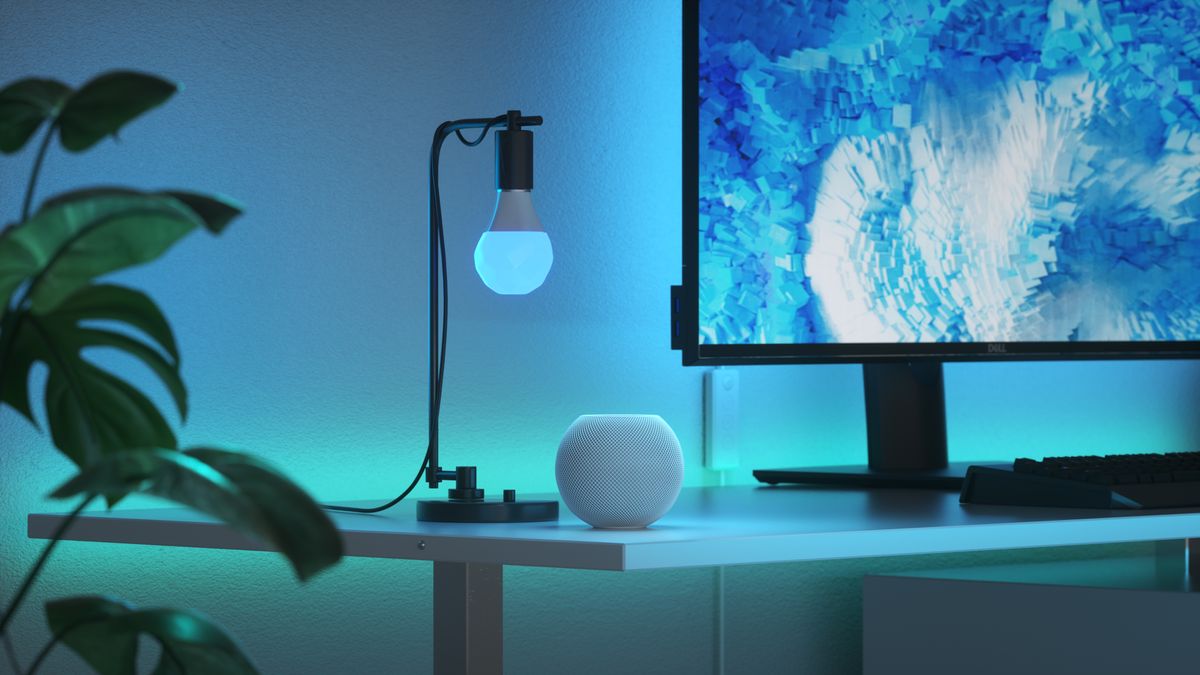
A lot was announced at Google IO 2021, including updates to Android, Wear OS, Photos and Maps. Among it all was a small update to Google's smart home commitment.
While Google had previously said it would be supporting new smart home connectivity protocol Matter, the tech giant has laid out a plan on how it's going to go about doing so.
Google is planning on rolling out Matter support – previously called Project Connected Home over IP (CHIP) – first to its Nest thermostats, speakers and displays, following which it will become a part of Android as well.
That means that once the update has been rolled out, Google Assistant will be able to control any Matter-enabled smart device without requiring additional steps like adding it to the Google Home ecosystem and linking accounts.
- Android 12 release date, features and which phones will get it
- Wear OS is finally getting a new update that might improve its smartwatches
- Google is building a premium Fitbit smartwatch running Wear OS
Simplifying matters
Some of Google's Nest devices – the Nest Wifi, Nest Hub Max and second-gen Nest Hub – already have Thread connectivity, a similar wireless protocol for smart devices like the Nanoleaf Essentials smart bulb and light strip. According to Google, these will also work as Matter connection hubs once smart devices with the new protocol become available.
Nanoleaf has already announced its support for Matter connectivity, as has Philips Hue, so we should start seeing Matter-enabled smart lights appearing on shelves later this year.
If more brands begin making Matter-supported devices, then setup and control would become as easy as scanning a QR code and a simple voice command respectively. Gone would be the days of having to set up individual accounts for several brands and then linking them to the Google Home app.
Get daily insight, inspiration and deals in your inbox
Sign up for breaking news, reviews, opinion, top tech deals, and more.
Once Android devices get Matter support, your phone will become the most convenient control hub for your smart home.
Threading it all together
The premise of smart home gadgets is to make your life easier, but for many of us that starts with one or two products, such as a video doorbell or a smart thermostat, and then the smart home set-up gets added to over time. When it comes to picking your next smart home device, it can become frustrating identifying which brand will work with your current setup.
However, Google’s announcement may pave the way for other smart home manufacturers, whose devices are currently tied to one ecosystem, to change that. For example, Eve’s smart home plugs, which currently only work with HomeKit could be controlled by Alexa, while Ring Video Doorbells may be one of the products that can be controlled from the Google Home app.
The ability to mix and match devices brings far more scope to the consumer and will hopefully remove the frustration of choosing the right smart home products.
At present there aren't any Matter-enabled smart devices on the market. There are devices that run over the Thread protocol, though – for example, the Nanoleaf Essentials range as mentioned above and some of Eve's smart devices that are Apple HomeKit exclusive.
And, for now, there's only one smart speaker that can work as a Thread connection hub – the Apple HomePod mini. Despite some Google and Amazon smart displays having Thread support, they've not been 'switched on' to work as Thread routers.
Once Matter officially takes off though, it will support all existing Thread devices as well. In fact, it will support Google Assistant, Alexa, Siri, Bluetooth, Wi-Fi and Thread IoT products. In simple words, Matter will be the one protocol to control them all.
Google hasn't announced a timeframe when Matter support will be rolled out to Nest and Android devices, but Matter-enabled smart devices are expected to go on sale by late 2021.

While she's happiest with a camera in her hand, Sharmishta's main priority is being TechRadar's APAC Managing Editor, looking after the day-to-day functioning of the Australian, New Zealand and Singapore editions of the site, steering everything from news and reviews to ecommerce content like deals and coupon codes. While she loves reviewing cameras and lenses when she can, she's also an avid reader and has become quite the expert on ereaders and E Ink writing tablets, having appeared on Singaporean radio to talk about these underrated devices. Other than her duties at TechRadar, she's also the Managing Editor of the Australian edition of Digital Camera World, and writes for Tom's Guide and T3.
